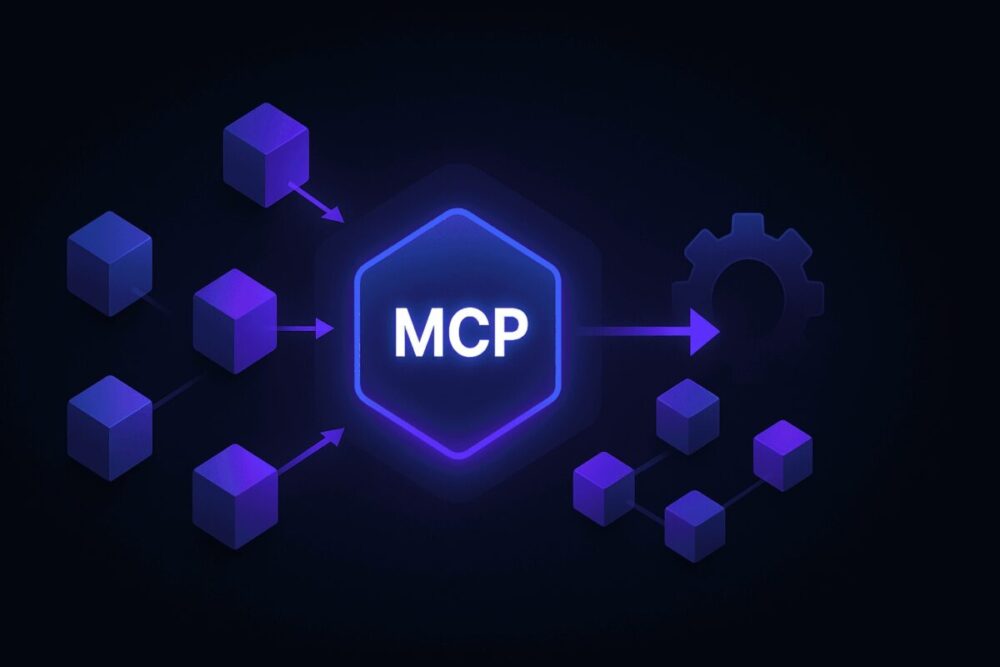Every fleet company owner has to decide whether or not the business needs electronic logging systems. However, if your new fleet business is eligible and would require ELDs, then the next move would be to find the right e-log provider at elddevices.net.
But before choosing the right provider, here are some tips you need to consider:
Research Providers
It is recommended that you decide electronic log providers listed at the FMCSA website list of self-certified providers.
Although there is no certainty that any of these providers do indeed have compliant software that satisfies the technical specifications of the ELD regulations, many, if not all, of the major e-logs and telematics providers are on this list.
Remember that not every provider is cut from the same cloth, and not every vendor is the right partner to keep your drivers on the road and compliant.
And to satisfy the technical specifications of the ELD regulations, choosing a provider whose culture aligned with yours is crucial.
Ultimately, the goal ought to be to choose a provider with an established track record and proven experience to provide reliable coverage, address any technical problems, and expand with you as your organization’s needs change and new technologies are released — such as integrating the ELD with a compatible telematics system.

What is The Price of the Solution?
When it comes to purchasing a tracking system for your business, price is an important consideration. If your fleet has several trucks, the total cost of the tracking unit can make an enormous difference.
Therefore, make sure you pick a price-effective fleet tracking solution. Keep in mind, in addition to the monthly subscription fees, and many providers charge for hardware and installation.
Therefore, before you pick up any e-log system, make sure you know all of the hidden prices.
What is The Duration of the Contract?
Short-term contracts are far more advantageous for fleets and are convenient. Many manufacturers of electronic logs have contracts of up to 3 or 5 years.
However, you wouldn’t want to get into some kind of long contract like this. What if the systems can’t meet the future requirements? What if you’re not satisfied with their service? With all this consideration, you need to look for vendors with the shortest contracts to lock-in.

What are the Advance Features of the E-logs?
In addition to compliance with FMCSA, tracking solutions are loaded with advanced features to enable fleets to streamline their processes, cut costs, and boost productivity.
So, make absolutely sure the ELD solution you are choosing has at least the following functions:
- IFTA calculation
- Driver scorecards
- Idle time tracking
- GPS tracking with vehicle location history
- Real-time, Hours-of-Service violations audible alerts
- A Robust driver and fleet managers messaging platform
- Real-time alerts for fault codes and Vehicle diagnostics etc.
- FMCSA-Certified ELD Provider
Though, significant factors to take into account when selecting an electronic tracking system provider are price, functions, and the length of the contract.
However, you still have one more box to tick before wrapping up the checklist for the electronic logging device implementation. The use of an e-log is primarily intended to remain FMCSA compliant.
And if a logging device fails to meet all the provisions of compliance, it would be of no use to you. The best way to ensure you find the correct solution is by choosing only FMCSA-certified products. Finding the right product is always a tough one to crack. Discover new items every day that adhere to FMCSA laws and regulations by visiting areaguides.net.
What is the ELD Data Retention Capability?
The storage of electronic logging device data is a mandatory part of the existing ELD mandate and must be included in your implementation checklist.
Fleet carriers and their drivers are expected to retain necessary documents in paper or digital format for Hours-of-Service verification purposes.
Drivers must request all relevant documentation, and the carriers will maintain no more than eight supporting documents for every 24-hour cycle a driver is in service.
Moreover, the fleet company must keep original e-log details for at least six months.
To some fleet company and truck drivers, the storage of data can be frustrating. Hence it is strongly recommended that this be included in your routine before you are caught on the wrong side of the law. ELD data retention has become mandatory since December 18, 2017.

What is the Experience of the Provider?
It’s not even been a decade since the FMCSA issued the final rule, and several new companies have arisen to provide ELD solutions.
Even before going into the solution’s capabilities, take another look at the expertise and experience of the manufacturer with the ELDs and FMCSA.
Long Time Solution
As we all know, the commercial vehicle industry is struggling with regulations that are continually changing and evolving.
The e-logs manufacturer needs to be familiar with the industry to manage frequent changes and updates effectively, with little or no downtime.
It’s also vital that the electronic logs equipment/software which you’ve purchased allow for easy updates to keep pace with any federal regulations or changes and to develop along with your business needs.
Integration
You want to partner with a provider that is going to be a long-term match, and that typically makes it a lot easier to adapt and integrate when required with other innovations.
Would the company allow connection to third party apps? With an integrated solution, you can seamlessly integrate all of your dispatching, accounting, and anything else into an all-in-one solution platform for easier access and management.
Having checked these things off will provide you with the headstart needed to stay ahead of the competitors and remain in line with the new ELD regulation from the FMCSA.
You can, however, request a free demo from the provider to learn how the solution will help you to stay consistent, simplify fleet management, cut costs, and optimize productivity.

Conclusion
Although you shouldn’t rush to execute an electronic logging device solution, there is a looming strict fine for not implementing it at the same time, so a wait and see approach isn’t an option.
When you plan to wait, your drivers, your fleet, and your business will face significant challenges, including non-compliance, risk of breach, dismissal, and even FMCSA investigators auditing.





